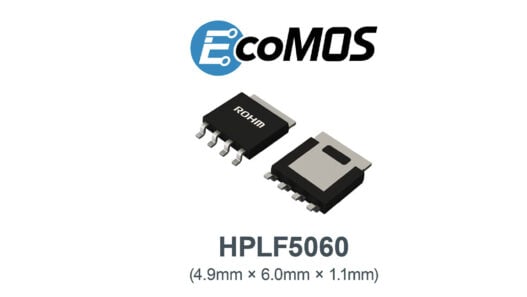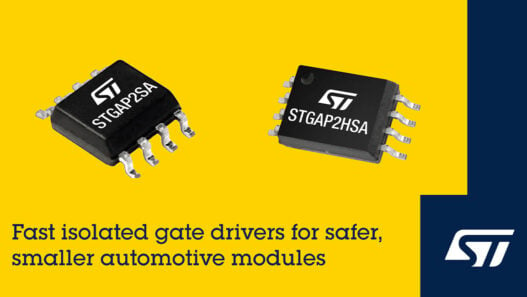However, with the largest subsector of German robotics and automation continuing to be integrated assembly solutions, which is popular with car manufacturing businesses, can Germany provide any other automation technology to compete with the rest of Europe?
What advancements are Germany making?
Being the fifth largest robotics and automation market in the world, with over 20,000 industrial robots used in a variety of industries every year, there’s no surprise that Germany are continuing to push forward with advancements in this type of technology. In 2019, 2020 and beyond, future topics are expected to include the utilisation of artificial intelligence (AI), human-robot collaboration, digital transformation in production and service robotics in the commercial industry.
While Germany maintains an open and transparent business environment, this isn’t without it’s challenges. One of the main barriers faced is conforming with German electro-technical standards, which are incredibly different to the likes of those in the UK. This often means for other machine makers, the additional labour required to assemble technology for the German market affects the overall cost, therefore reducing it’s competitiveness compared to other European-made machines.
What industries are growing without automation?
Despite the incredible growth of the robotics and automation industry not only in Germany, but the rest of Europe and the world, there are many industries that are continuing to show growth without implementing these future technologies.
For example, soldering is still performed by hand within the electronics manufacturing sector. This type is both the simplest and easiest form of soldering there is today. Despite the advancements in technology and automation, this ancient craft is still very relevant in modern times and can be completed to a much higher standard than that of a robot. With the right equipment from the likes of RS Components, many electronic manufacturers are shunning automation for the expertise of experienced workers.
Compared to the rest of Europe, Germany continue to be a powerhouse in the robotics and automation industry. Currently 3rd in the world, Sweden sit in 5th, Denmark 6th, Italy 8th and Belgium 9th; it seems as though Germany are most likely to maintain their lead in the EU for years to come.







